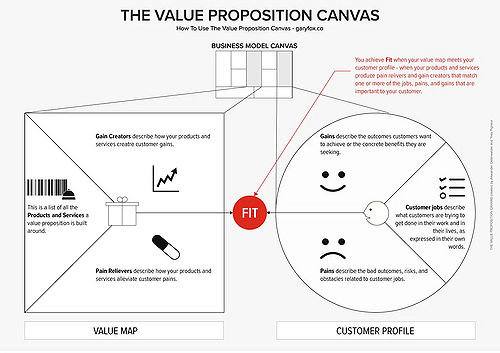Design-Build
(→Abstract) |
(→Abstract) |
||
| Line 11: | Line 11: | ||
'''Pros''': | '''Pros''': | ||
| − | *''' | + | *'''One liable party:''' Text |
| − | *''' | + | *'''Efficiency:''' Text |
| + | *'''Collaboration:''' Text | ||
| + | *'''Project costs:''' Text | ||
| + | *'''Fewer disputes:''' Text | ||
| + | *'''Direct payment:''' Text | ||
'''Cons''': | '''Cons''': | ||
| − | *''' | + | *'''Conflicts of interest:''' Text |
| − | *''' | + | *'''Less innovative design:''' Text |
| + | *'''Requires more engagement from the owner:''' Text | ||
| + | *'''No bidding restricts access for subs:''' Text | ||
| + | *'''Increased liability:''' Text | ||
== Big Idea == | == Big Idea == | ||
Revision as of 11:06, 11 February 2021
WIP
Developed by William Axel Linderoth Michaelen, s153275
https://en.wikipedia.org/wiki/Design%E2%80%93build
Contents |
Abstract
Design-Build is a project delivery system, mainly used in the construction industry. The method utilizes single source responsibility which differs from the more traditional dual or triple source responsibility format used in Design-Bid-Build. The responsibility is defined by contracts, where the contract in the Design-Build project binds the architect and the contractor under one contract with the project owner. The key reasons for doing so is to create a shared responsibility between the architect and the contractor, and thereby involve the architect in the construction phase, and the contractor in the design phase.
Pros:
- One liable party: Text
- Efficiency: Text
- Collaboration: Text
- Project costs: Text
- Fewer disputes: Text
- Direct payment: Text
Cons:
- Conflicts of interest: Text
- Less innovative design: Text
- Requires more engagement from the owner: Text
- No bidding restricts access for subs: Text
- Increased liability: Text
Big Idea
Why choose Design-Build
Management Structures
Limitations
Title
Sub Title
Text
Figure / Picture
Bulet points
Bulets:
- Bulet 1: Text
- Bulet 2: Text
Annotated Bibliography
Book title Descriptive text
